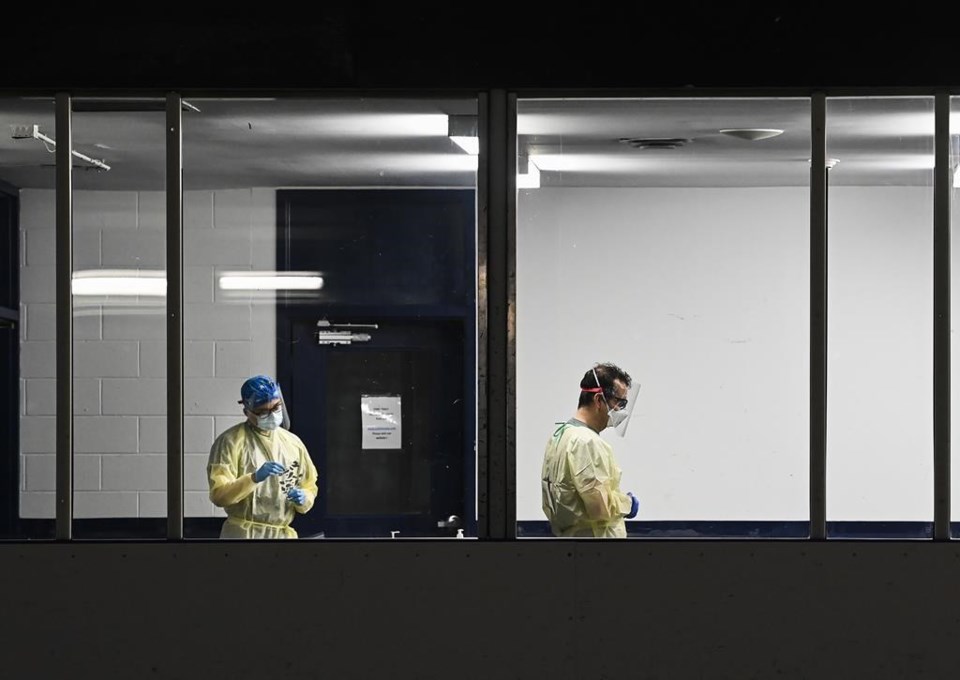About one in nine Canadian adults have had long-term symptoms from COVID-19 infection, according to a Statistics Canada report issued Friday.
That amounts to 3.5 million Canadians, it said.
Almost 80 per cent of those people with long-term symptoms have them for six months or more, the report said, including 42 per cent who had them for a year or more.
That's "significant" not only for affected patients but also for the country, said Manali Mukherjee, an assistant professor of medicine at McMaster University who specializes in respiratory diseases and immunology, in an interview on Friday.
"(These patients) have compromised daily productivity. So it's affecting their quality of life and therefore has a direct effect on the socioeconomic situation in Canada," said Mukherjee, who is a long COVID researcher and also spent about 18 months recovering from her own symptoms.
Long COVID, also known as post COVID-19 condition, is defined by the World Health Organization as symptoms that persist for three months or longer after infection and that can't be explained by anything else.
More than half of those who ever had long-term symptoms still had them as of June 2023, according to the StatCan report.
"Among Canadians who reported ever experiencing long-term symptoms, those who continue to experience these symptoms (58.2 per cent) outnumber those who have reported them resolved (41.8 per cent)," the report said.
The StatCan findings aren't surprising, Mukherjee said.
"Long COVID is very much present," she said.
The most common long COVID symptoms are brain fog, fatigue and shortness of breath, she said.
Research shows that getting vaccinated against COVID-19 reduces the risk of getting long COVID, as well as the severity of symptoms, Mukherjee said.
Two-thirds of Canadian adults who have tried to get health-care services for their long-term symptoms say they haven't received enough treatment or support, the StatCan report said.
Scientists, doctors and health-care workers across the country, alongside patients with lived experience, are trying to improve that through a huge research-sharing network called Long COVID Web, Mukherjee said.
"All of us are working towards understanding ... the different biomarkers that are indicating that persistence (of symptoms) ... and figuring out a way to treat them specifically using targeted treatments," she said.
"There's always hope."
StatCan compiled its report using data from the 2023 Canadian COVID-19 Antibody and Health Survey followup questionnaire.
This report by The Canadian Press was first published Dec. 8, 2023.
Canadian Press health coverage receives support through a partnership with the Canadian Medical Association. CP is solely responsible for this content.
Nicole Ireland, The Canadian Press




